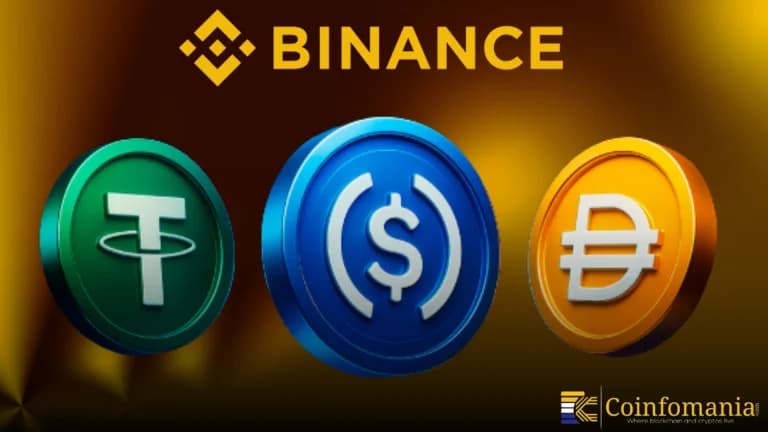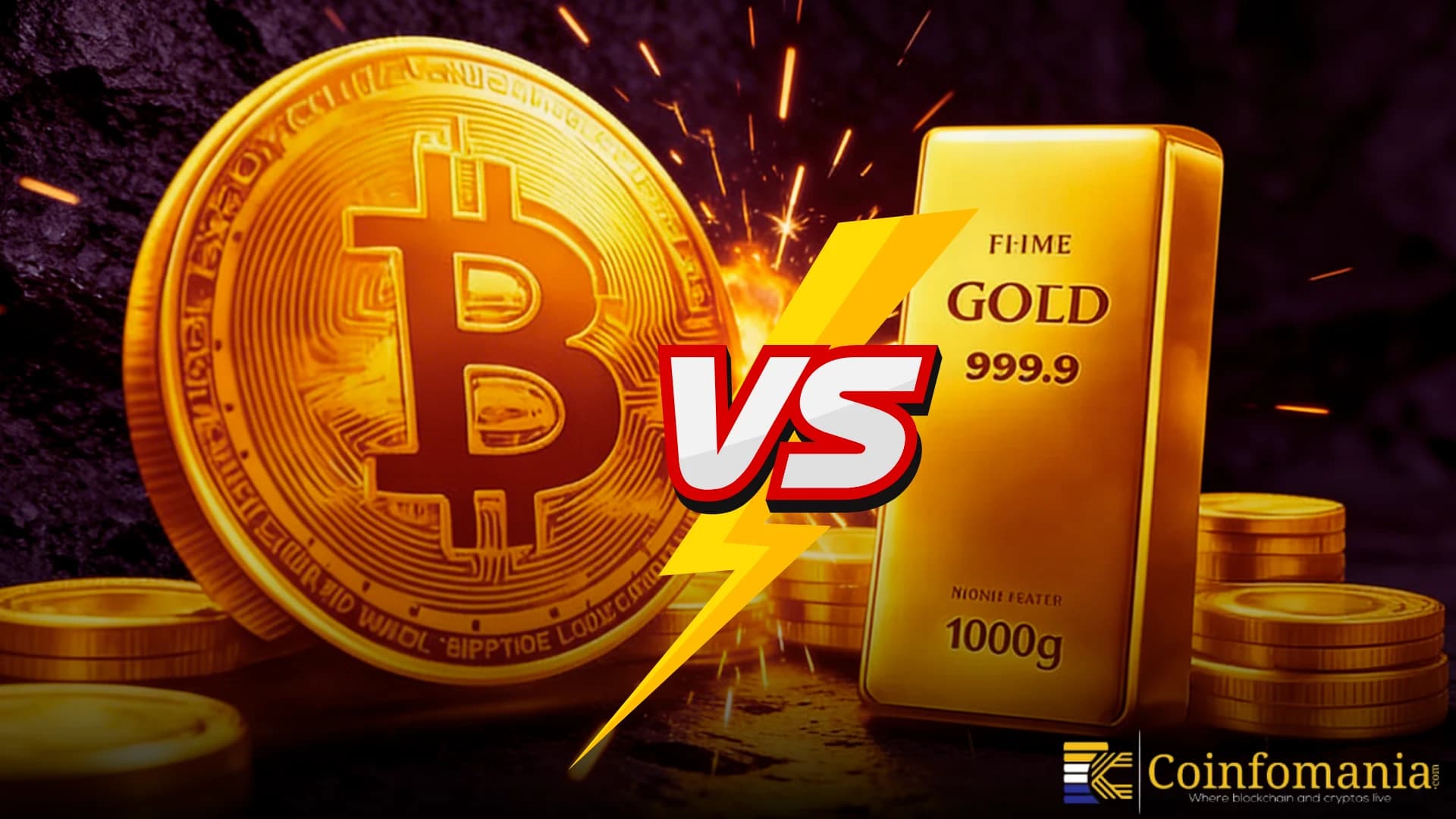FTX Estate Initiates Legal Action Against KUROSEMI INC. and NFT Stars
Let’s explore the FTX lawsuit as it targets NFT Stars and KUROSEMI INC. over token disputes tied to the ongoing FTX Bankruptcy case.

FTX Trading Ltd. and the FTX Recovery Trust have sued NFT Stars Limited and KUROSEMI INC. They aim to reclaim assets linked to the FTX Bankruptcy, as the lawsuits were filed in a Delaware bankruptcy court. FTX claims both parties breached contracts by withholding key token transfers vital to the estate’s recovery process. As repeated outreach attempts failed to secure cooperation, FTX pursued formal litigation to protect creditors and enforce agreements. The defendants remained uncooperative despite multiple requests and calls for resolution.
What Legal Steps Is FTX Taking to Recover Promised Assets?
Based on the announcement on X, Sullivan & Cromwell LLP, FTX’s legal counsel, signaled fresh suits against issuers refusing asset returns. This approach supports the recovery plan after the FTX collapse, which has reclaimed over $14.5 billion. The estate reaffirmed its dedication to maximizing creditor recoveries by preferring out-of-court resolutions, but will pursue legal routes as needed. The strategy balances negotiations with necessary litigation. This FTX lawsuit underscores the estate’s resolve to enforce its rights and hold companies accountable under prior agreements.
(1/3) FTX today announced that to recover estate assets, FTX has commenced legal action against certain token and coin issuers which own FTX assets and have been unwilling to engage.
— FTX (@FTX_Official) April 29, 2025
FTX’s estate launched legal action alongside its second creditor distribution phase. These payments follow a court-approved plan to return up to 119% of claim values to 98% of creditors. Moreover, the upcoming distribution on May 30 will address Customer Entitlement and General Unsecured Claims. By leveraging avenues like the FTX lawsuit, the estate aims to boost recoveries further. This milestone advances the restructuring roadmap initiated after the Bankruptcy filing in 2022. Stakeholders view it as a key step toward maximizing creditor reimbursement. These coordinated efforts aim to restore stakeholders’ confidence and financial stability.
Are Bankruptcy Laws Being Violated in These Token Disputes?
The Delysium AI agent dispute involves intricate details. According to court filings, Alameda Ventures (now Maclaurin Investment) paid $1 million in early 2022 for 75 million $AGI tokens. These tokens were released in 2023 under a set vesting timetable. Delysium allegedly changed this vesting schedule without approval, refusing to grant tokens to FTX. They cited FTX Bankruptcy issues as justification. A company spokesperson publicly confirmed on Discord that they would not honor allocations because of the ongoing bankruptcy proceedings.
Another complaint highlights that NFT Stars failed to deliver millions of tokens after FTX’s collapse. In November 2021, FTX paid $325,000 for rights to SENATE and SIDUS tokens. Although NFT Stars initially transferred some tokens, it allegedly withheld the remainder. Legal filings state they still owe over 831,000 SENATE and 83 million SIDUS tokens. FTX claims this breach violates contracts and the U.S. bankruptcy law’s automatic stay. The outcome against marketplace NFT Stars could influence token issuers during future restructurings.
Is FTX Enforcing Accountability Across the Crypto Industry?
FTX is pursuing substantial monetary damages and court-imposed sanctions for alleged contractual breaches beyond mere token recovery. These FTX lawsuits reflect a broader mission to enforce accountability throughout the decentralized finance ecosystem. The platform’s sudden collapse caused extensive financial damage to numerous investors and counterparties. Ensuring restitution from entities still holding FTX-linked assets is critical for recovery. Court-backed enforcement mechanisms now underpin efforts to close significant financial gaps and distribute funds fairly. As these cases progress, their outcomes could establish precedents for future bankruptcy-related claims in crypto markets.
FTX, once a leading crypto exchange, declared bankruptcy in November 2022 after revealing an $8 billion customer fund shortfall. Investigations showed Alameda Research diverted client assets to fund speculative trades. The bankruptcy triggered widespread legal actions and ended with founder Sam Bankman-Fried being sentenced to 25 years for fraud and conspiracy. Now, under John Ray III’s restructuring leadership, the firm prioritizes recovering assets and pursuing creditor claims. Central to this effort is the latest FTX lawsuit, aiming to secure returns and compensation for affected customers.
How Could These Lawsuits Affect the Industry?
These legal conflicts have implications beyond single contracts. The Delysium AI agent lawsuit and the marketplace NFT Stars dispute highlight evolving expectations for trust and compliance. FTX’s ongoing restructuring may prompt issuers to settle obligations early. These measures emphasize the critical role of contractual integrity. An enhancement in such processes could drive decentralized finance toward stronger, more responsible practices. Such shifts may shape the future framework for digital asset partnerships. Ultimately, stakeholders may view these precedents as a maturing regulatory trend across blockchain ecosystems.
Follow us on Google News
Get the latest crypto insights and updates.
Related Posts

How Binance Became The Core Hub For Global Stablecoin Flows?
Vandit Grover
Author

Bitcoin Flashes Rare Long Term Signal As BTC Vs Gold Hits Historic Extremes
Vandit Grover
Author

USDCx Integration Brings Long-Awaited Stablecoin Momentum to Cardano
Triparna Baishnab
Author